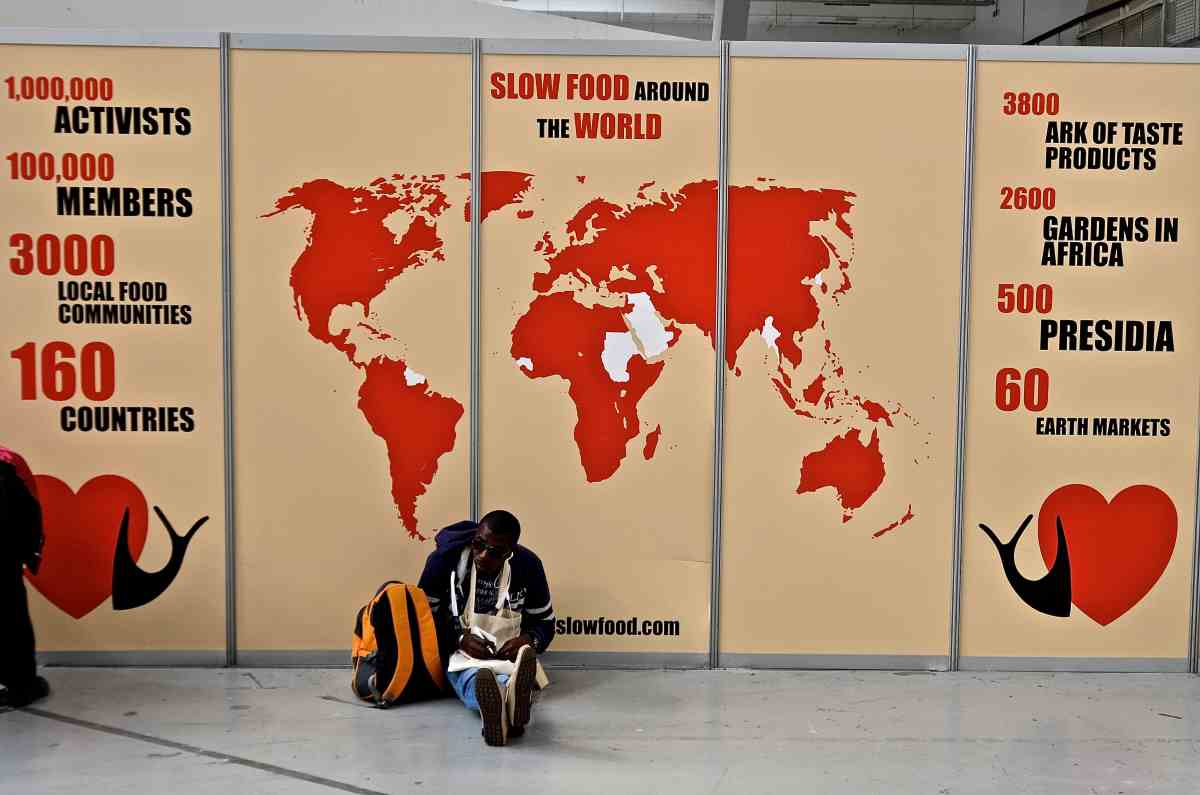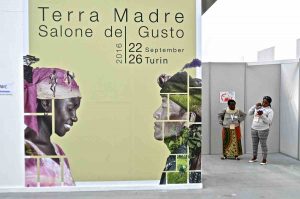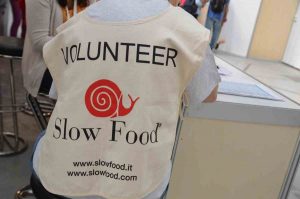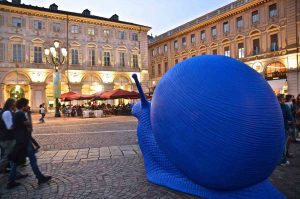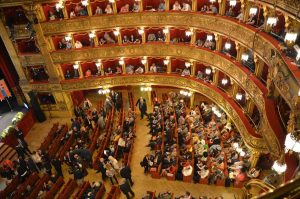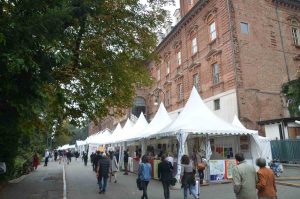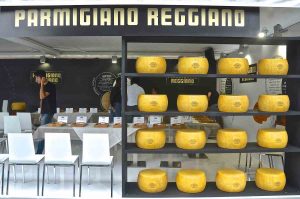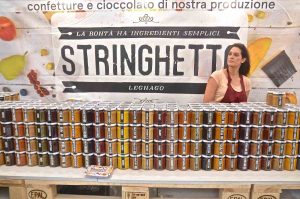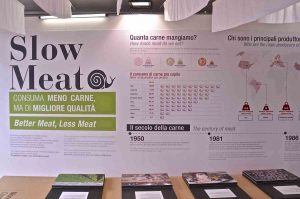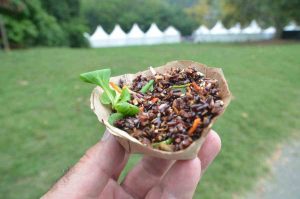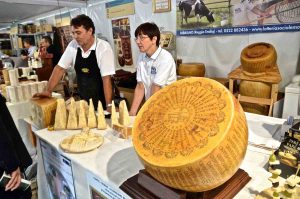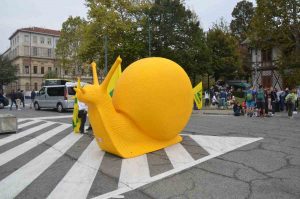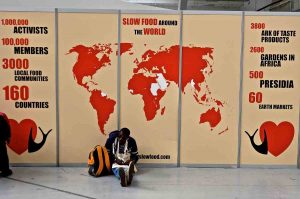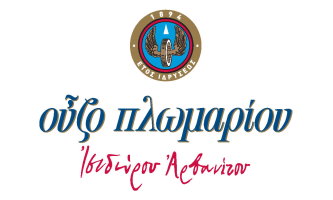Terra Madre - Salone del Gusto 22-26 / 9/2016
It was successfully held in Turin on September 22-26 seventh Terra Madre event and eleventh Salone del Gusto. Ο Carlo Petrini President of the NGO Slow Food, co-founder thirty years ago and an old caravan of politics, welcomed the thousands of delegates and members of the missions with the following introduction:
"We are in a period where the climate of tension, lack of understanding and conflict is deteriorating around the world. We are witnessing huge migratory flows that cannot be absorbed by expediency, resulting in xenophobia and humanitarian catastrophe.
On this occasion, we declare our support for universal solidarity and dialogue for a just and beautiful society. "
Ο Carlo Petrini continuing to identify the problem of modern nutrition and agriculture in the logic of industry applied to agriculture. He stressed that a brake must be put on the industrialization of agriculture and obviously on the abolition of mutants. The pursuit of maximizing production has led to the use of chemical fertilizers with serious implications for both nature and our health.
"The need for a cultural revolution is imperative, because there is no more time. We need to reconsider the nutritional issue, gastronomy needs to be addressed interdisciplinary. We need to deindustrialize agriculture. The traditional knowledge of farmers must be utilized, which must enter into an equal dialogue with scientific knowledge. And we, the sensitized consumers and those who have an influence on the gastronomic scene, must turn the world to the local producers who support biodiversity ".
The Slow Food presented its achievements with numbers such as: Its 1.000.000 activists, its 100.000 members, its 3.000 food communities, its 160 countries, its 3.800 products in the Ark of Taste, and its 2.600 gardens in Africa, etc.
At the same time with slogans and statistics he sought to support his strategy.
Slogans such as: Let's defend the Future (Let us defend the future), are posted everywhere as well as the account of the destruction of the earth's biodiversity:
"In the last 10.000 years, humans have known millions of species. In the last 70 years we have lost 75% of them. "Every year 27.000 animal and plant species are lost, 72 per day and 3 per hour."
Every day in various palazzo there were various sessions with dialect topics that I was lucky enough to attend:
Loro sono Giganti, ma noi sono moltitudine
(They are giants but we are millions).
Il nostro cibo quodidian: Veleno o medicina?
(Our daily diet: Poison or medicine?)
Se I grandi chef si alleano con I condadini
(And if the chefs agree with the farmers?)… A privileged topic that we will return to προσε!
The ortho's revolution
(The garden revolution)
About the exhibition, the hundreds of uniform white kiosks that were spread in the 800 acre Parko del Valentino but also in other parts of the city, in streets, squares and historic buildings welcomed its people and products. Salone del Gusto and tens of thousands of visitors
Slow Food
For those who are younger we remind you of some facts: Reason for founding Slow Food was the creation in the late 1980s of a fast food store in Piazza di Spagna, Rome's main square, a symbol of Italian culture.
From the beginning, Slow Food has aimed to protect local food traditions and local gastronomic cultures around the world., against the industrialization of agriculture and the cultural homogenization that economic globalization seeks to impose.
Its manifesto seeks to combine "ethics with pleasure, ecological gastronomy, the variety of flavors, the artisanal production of small food and sustainable approaches to fishing and animal husbandry."
In collaboration with University of Gastronomic Sciences in Pollenzo and Colorno, Italy (www.unisg.it) the Slow Food records endangered species of plants and animals and includes them in the so-called Ark of Taste.
It supports traditional farming methods, tries to save famous food products and their places of origin, especially in developing countries.
Awards it Award for the Defense of Biodiversity to individuals or groups for their exemplary work to protect biodiversity and finally seeks to pass on the principles to new generations by organizing seminars for teachers on how to promote biodiversity, food culture and local traditions in schools.

